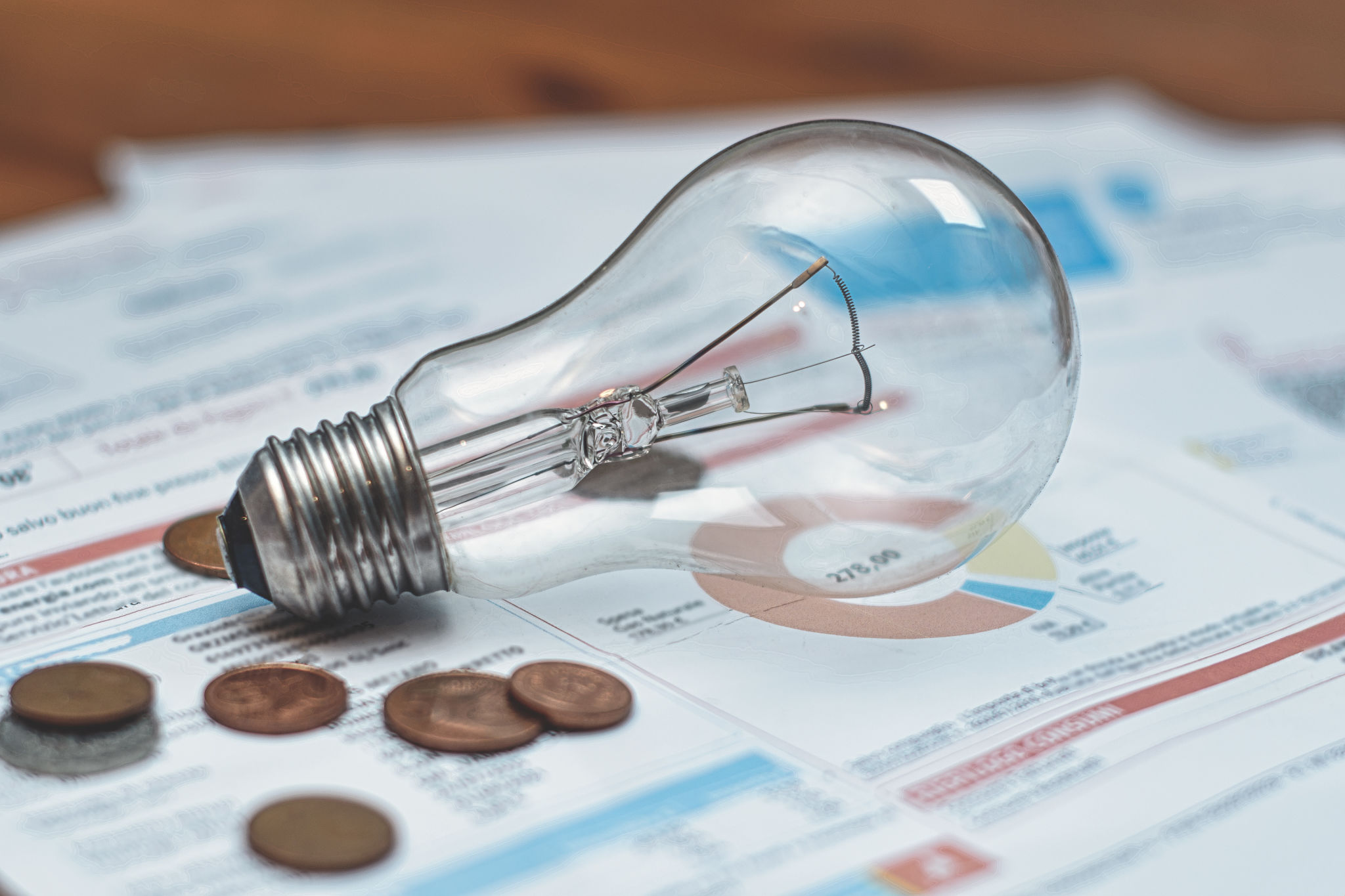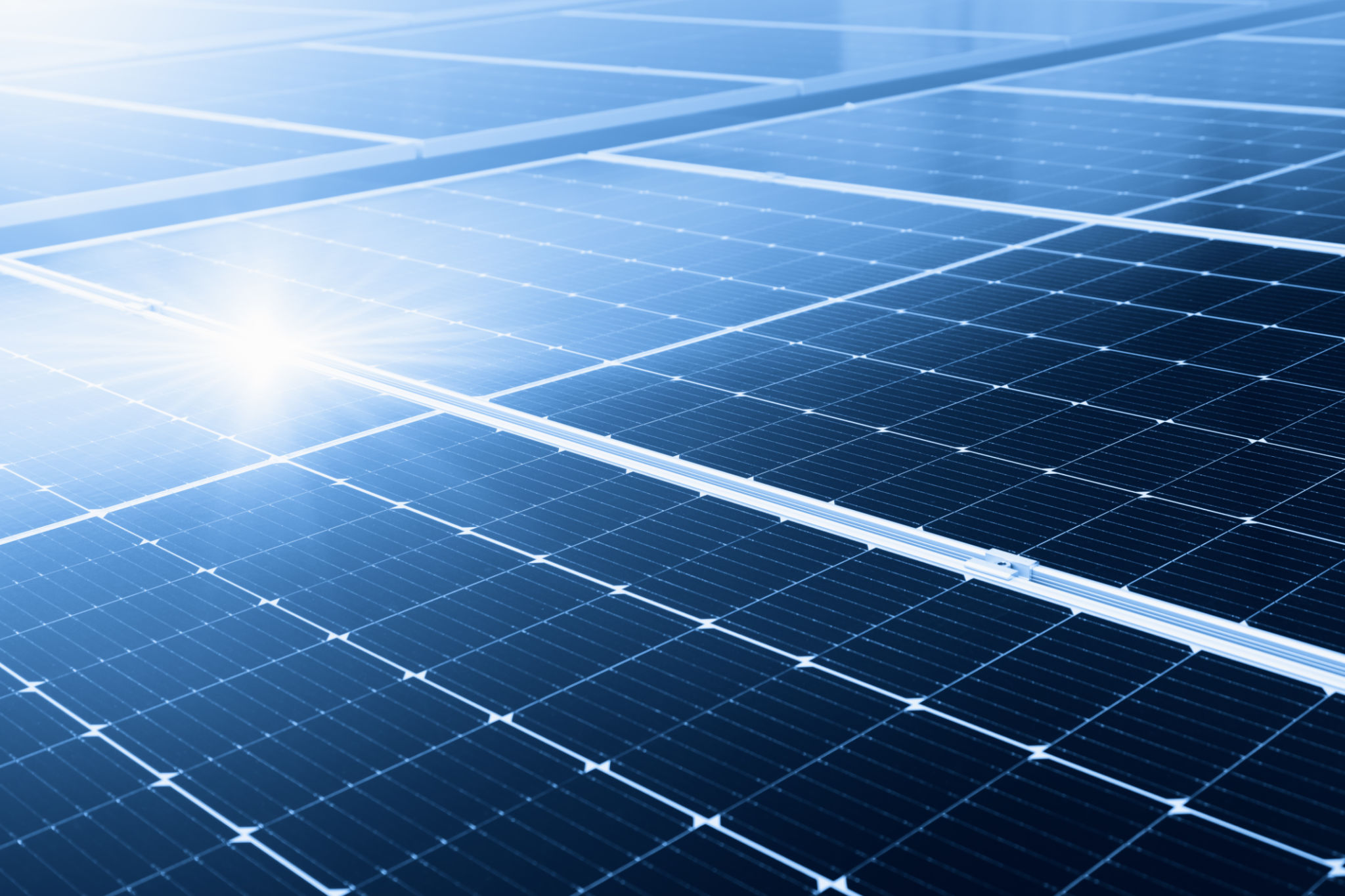How to Choose the Best Solar Panels for Your Home: A Step-by-Step Guide
Understanding Your Energy Needs
Before diving into the world of solar panels, it's essential to understand your home's energy requirements. Start by reviewing your electricity bills to determine your average monthly consumption. This will provide a baseline to gauge how much energy your solar panels need to generate. Additionally, consider any future changes in energy use, such as buying an electric vehicle or installing new appliances.
Calculate Your Energy Usage
To get a clearer picture, tally up the wattage of your household appliances and how many hours they're used daily. Multiply these figures to determine the kilowatt-hours (kWh) consumed. Doing this for all devices gives you a comprehensive understanding of your energy needs.

Types of Solar Panels
Solar panels come in three main types: monocrystalline, polycrystalline, and thin-film. Each has its own benefits and drawbacks, which must be considered before making a purchase decision.
Monocrystalline Solar Panels
Monocrystalline panels are known for their high efficiency and sleek appearance. They are made from a single crystal structure, which allows them to convert more sunlight into electricity compared to other types. However, they tend to be more expensive.
Polycrystalline Solar Panels
Polycrystalline panels are less efficient than monocrystalline but are generally cheaper. They have a blue hue and are made from multiple silicon crystals. These panels offer a good balance between cost and performance.

Assessing Your Roof's Suitability
The suitability of your roof is a crucial factor when deciding on solar panels. Consider the following aspects:
- Orientation and Tilt: South-facing roofs with an angle of 30-45 degrees are ideal for maximizing solar energy capture.
- Shading: Ensure that trees, buildings, or other structures don't cast shadows over your roof, as shading can drastically reduce solar panel efficiency.
- Roof Condition: Check if your roof is in good condition. If it's nearing the end of its lifespan, consider replacing it before installing solar panels.
Evaluating Solar Panel Efficiency
The efficiency of a solar panel determines how much sunlight it can convert into usable electricity. Higher efficiency panels generate more energy and may require less space. However, they often come with a higher price tag. It's important to weigh the efficiency against cost and available roof space.

Considering Warranties and Certifications
Warranties and certifications provide assurance about the quality and longevity of solar panels. Look for panels with a minimum 25-year performance warranty, ensuring they will still produce around 80% of their original capacity after that time.
Check for Certifications
Ensure the panels have relevant certifications such as UL (Underwriters Laboratories) or IEC (International Electrotechnical Commission). These certifications indicate that the panels have been tested for safety and reliability standards.
Selecting a Reputable Installer
The final step in choosing the best solar panels is finding a reputable installer. Look for companies with positive reviews and testimonials. Verify their experience with installations similar to your needs and check their credentials. A professional installer can also assist in navigating permits and incentives that may be available in your area.
